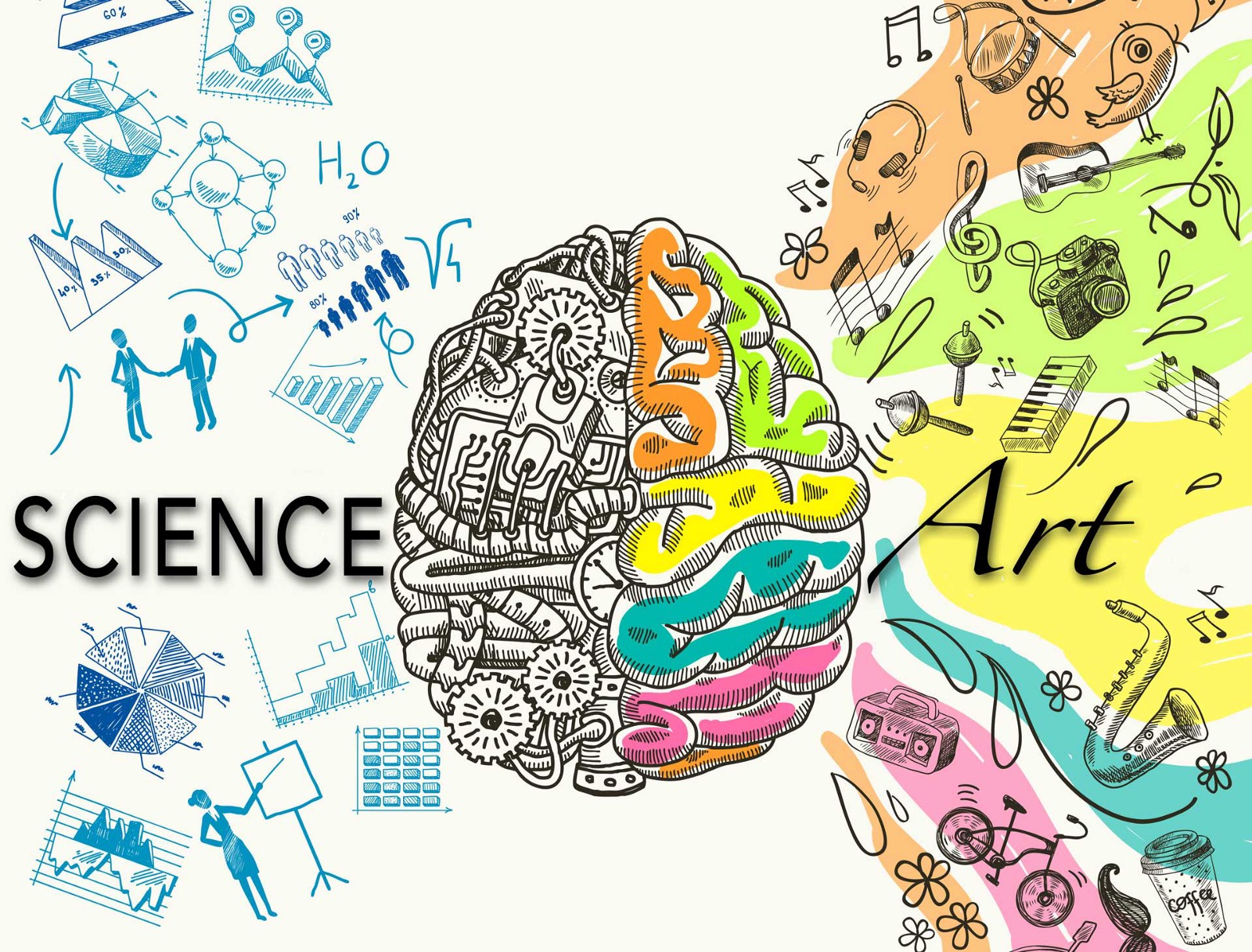I am an exam marker.
A question I am currently marking asks students to describe how a department store’s customer service standards should be set to ensure that they are maintained. The learners are meant to answer that the standards have to be measureable so that ups and downs can be monitored. E.g. if the store consistently opens its doors at the scheduled time or if all phone calls are answered within, say, 5 rings, a standard has been met.

No Apples! Isaac Newton by William Blake
Of the 120 plus answers I have seen so far, I’d say that no more than 30% have been correct. Some of the wrong answers could have been construed as right in other contexts e.g. some students wrote that a customer survey, mystery shopper or a Trust Pilot review could reveal the truth about the quality of service but the question has to be answered in relation to the taught criteria and as the examiner, I have no latitude. Whether the teachers taught the students badly (it can happen) or the candidates forget and come up with creative alternatives, nothing can be done. Wrong is wrong.
My gripe is not specifically about the example above (which has been doctored anyway to avoid me getting a detention from the Assessment Organisation) but it’s about the fact that it exemplifies a societal shift towards evaluating everything as yes/no or right/wrong. Whereas some topics like mental health and gender orientation are being considered in non-binary and more spectrum way, it seems that in other areas there is a move towards facts being correct and everything else being ‘fake news’. You might think it is this way to make it is easier for people like me to mark papers but this really is not the case. Examination setters do not prioritise assessors having an easy time and are dedicated to the task of testing various combinations of students’ knowledge, exam competence and memory. The problem in my view is that there is pressure from above to tie everything up quickly and neatly and in this process variations, nuance and out-of-the box thinking are being dismissed.
It feels that in the shadows of Brexit and Donald Trump there is now tacit permission in hard reaction to fluidity and spectrum and the power brokers are kicking back at the ‘thinking classes’; ‘We’re fed up with your liberal open minds. By all means carry on talking among yourselves but in the meanwhile just do what we say or we either won’t pay your wages or we’ll pulp you.’

Science currently rules over art as a way of avoiding the unanswerable questions.
Scientists do not lack creativity and artistic people aren’t illogical. Intelligent people can be any combination of scientific and artistic but annoyingly the employer classes pick and choose systems that are expedient for their own means and currently this means that reducing costs and/or making high profit trumps (LOL, as they say) gut reaction, thin slicing and provocative thinking.
It’s easier to think that data provides the answer because it means we can look away from the scary internal infinity that swirls around inside every person.
Why not read:
https://www.theguardian.com/lifeandstyle/2009/mar/07/first-impressions-snap-decisions-impulse
https://www.theguardian.com/science/2012/aug/19/thomas-kuhn-structure-scientific-revolutions
